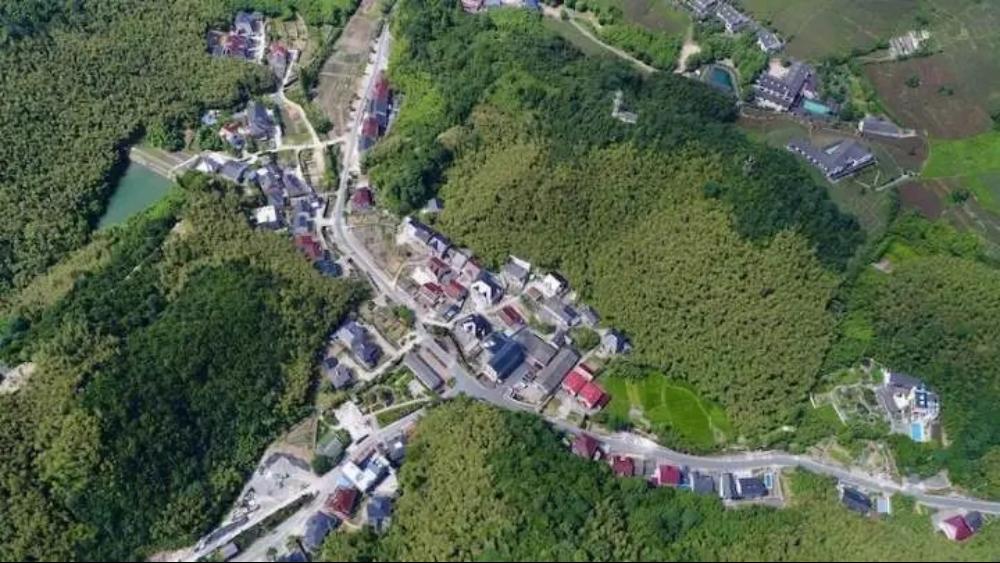At the opening ceremony of the Deqing Investment and Trade Talent Fair 2021, the county released the Deqing County Programme for Practicing the 2030 Agenda for Sustainable Development (2021-2025) (hereinafter referred to as the Programme), which is the first in the world to clearly define the goals and paths of practicing the sustainable development strategy for the next five years on a county basis. The Programme is led by Professor Chen Jun, an academician of the Chinese Academy of Engineering, and co-authored by the Institute of Regional Sustainable Development of Hunan University of Science and Technology, the Insistute of the Sustainable Development Goals of Tsinghua University (Tsinghua SDG Institute/ TUSDG), the National Geomatics Center of China and the workstation of academician Chen Jun.
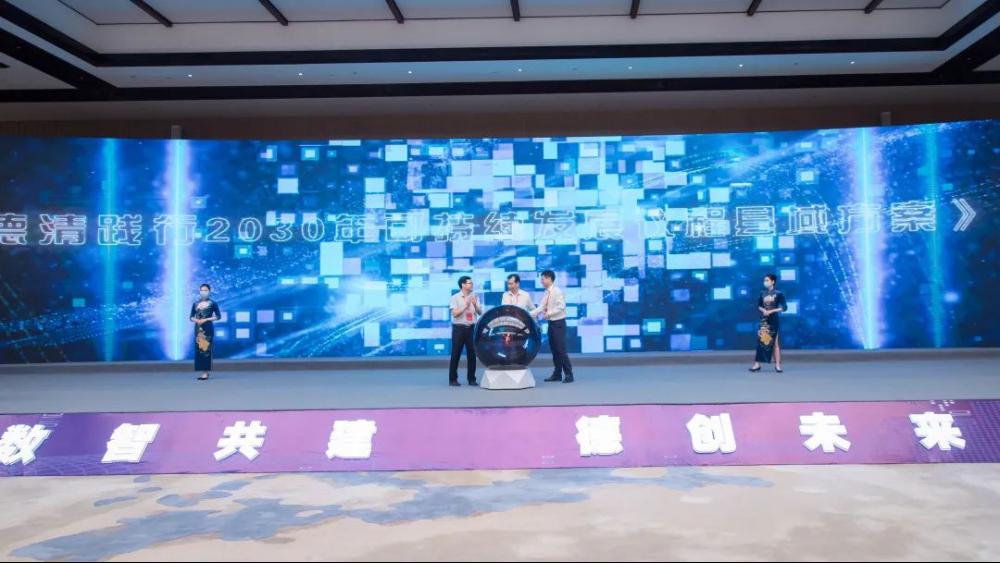
The Programme compiles the stage-by-stage results and experiences achieved by Deqing in implementing the United Nations 2030 Agenda for Sustainable Development, benchmarks the 17 SDGs, and formulates a specific implementation plan.
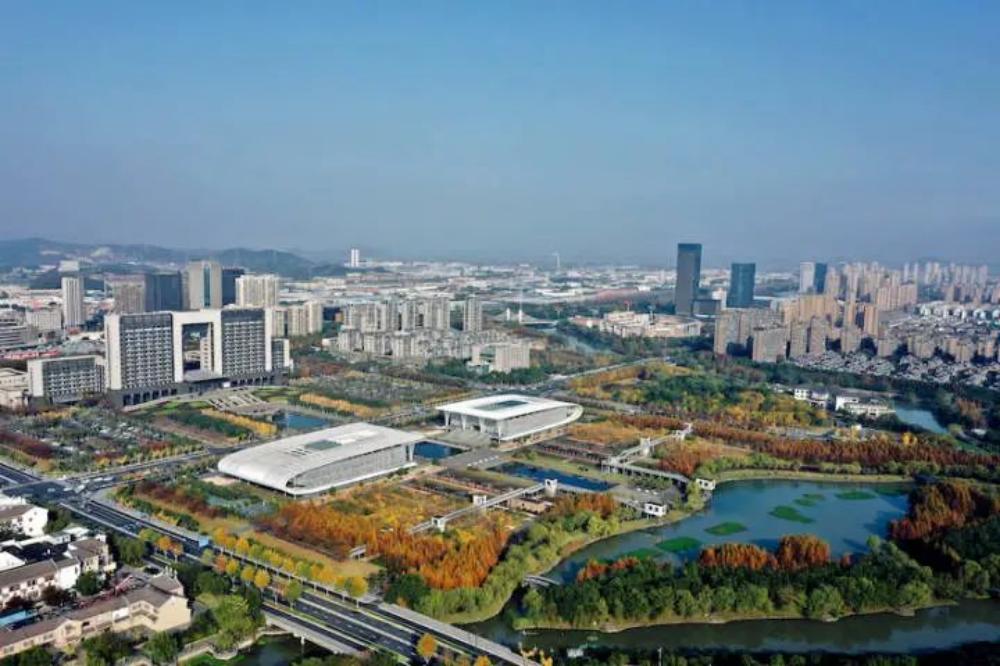
In 2018, the first United Nations World Geospatial Information Congress was held in Deqing, during which China's first quantitative assessment report on the practice of the United Nations 2030 SDGs – “Deqing Progress Report on the Practice of the 2030 Agenda for Sustainable Development (2017)” (hereinafter referred to as the “Report”) was released, and the Report was subjected to worldwide attention.
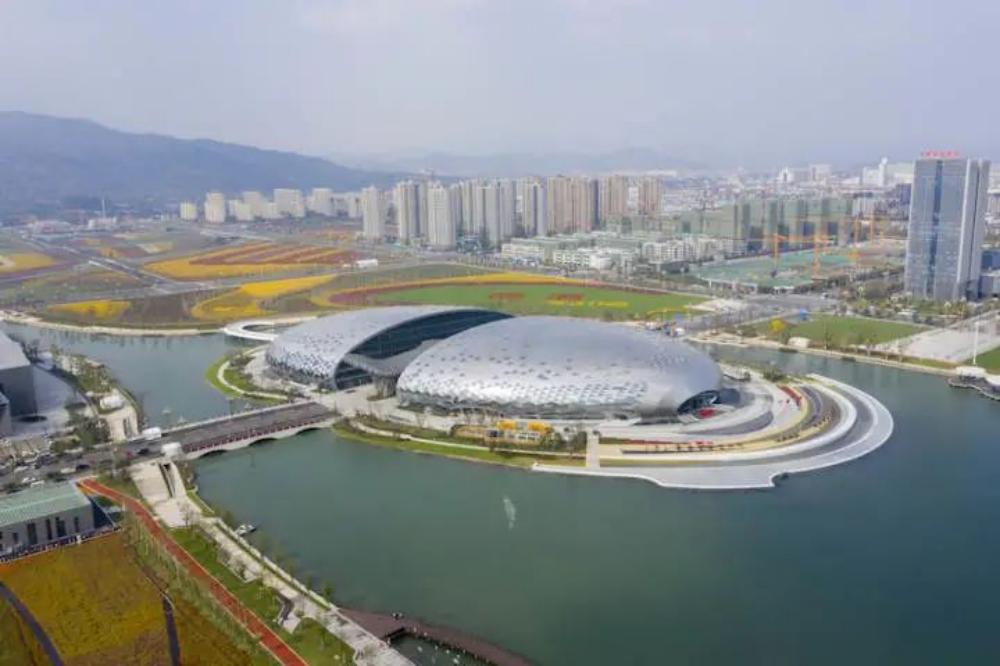
The Report assesses and analyses 79 SDGs indicators in Deqing, 68 of which have reached or are very close to the goals of the 2030 Agenda for Sustainable Development, or are clearly among the best in the country and the world. The study shows that Deqing has better achieved coordinated sustainable development in the three areas of economy, environment and society, and has become a "model of Deqing" that China has provided to the international community.

In 2019, three Deqing cases were selected as “Exemplary Cases of Practising UN 2030 Sustainable Development”. Deqing has proved that it has the potential to continue exploring sustainable development models suitable for China's counties and to create a model for sustainable development for the world.
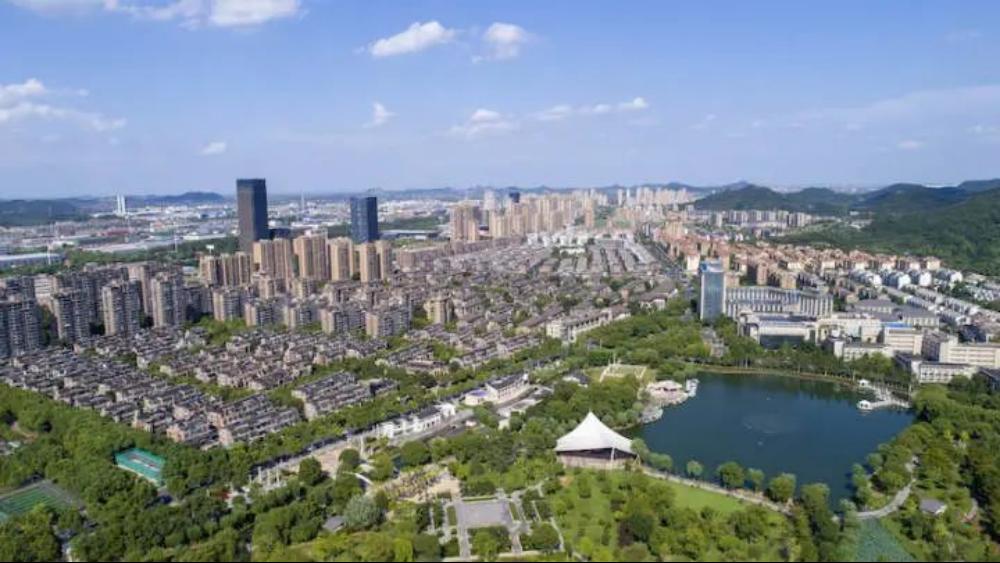
The Project makes it clear that Deqing will give full play to the decisive role of the market in the allocation of resources, guarantee the fair participation of all types of ownership of the economy in market competition, and stimulate the vitality of market players; promote the internationalization of the city as an important focus of the transformation and development, and implement a more proactive strategy of opening up; clarify the relationship between the government and the market, and between the government and the society, and accelerate the digital transformation of the government, introducing market-oriented thinking, applying market-oriented mechanisms, playing a guiding role of the government, creating a business environment under the rule of law, internationalization and facilitation, continuously stimulating development vitality, and constructing a new pattern of all-round openness and development.
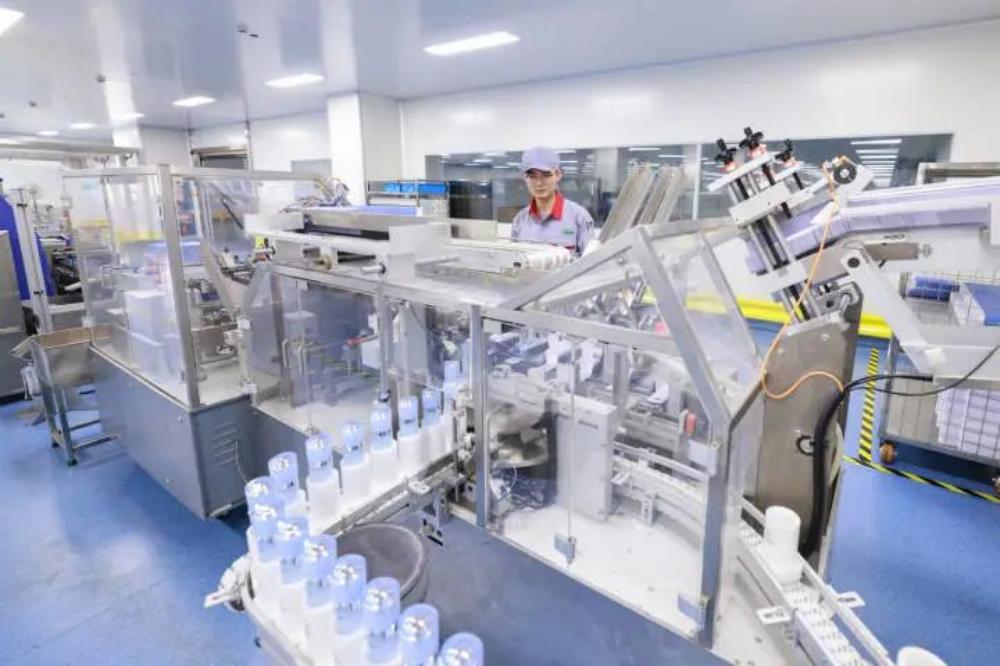
Deqing will actively promote cutting-edge science and technology, including geographic information, artificial intelligence and big data, to support sustainable development. Relying on geographic information technology, it will carry out quantitative assessments, carry out systematic assessments in accordance with the scientific system of the United Nations 2030 SDGs, and make use of the characteristics of local industries to achieve scientific and intelligent assessments.
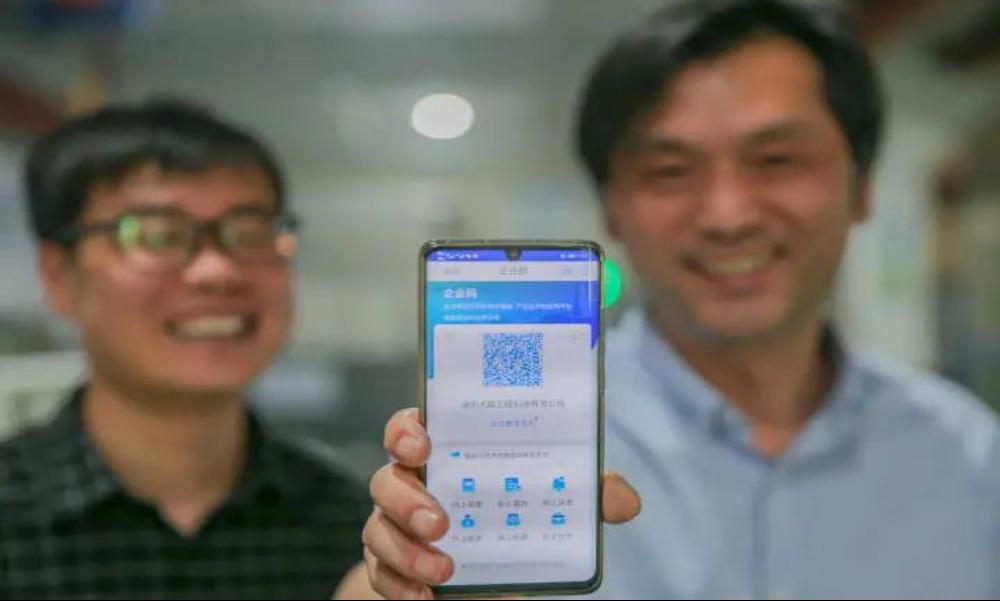
The formulation of action programmes for the 2030 Agenda for Sustainable Development in line with the reality of the county is expected to be of great significance in helping the country and the world to achieve sustainable development, meet new challenges and embrace new opportunities.
